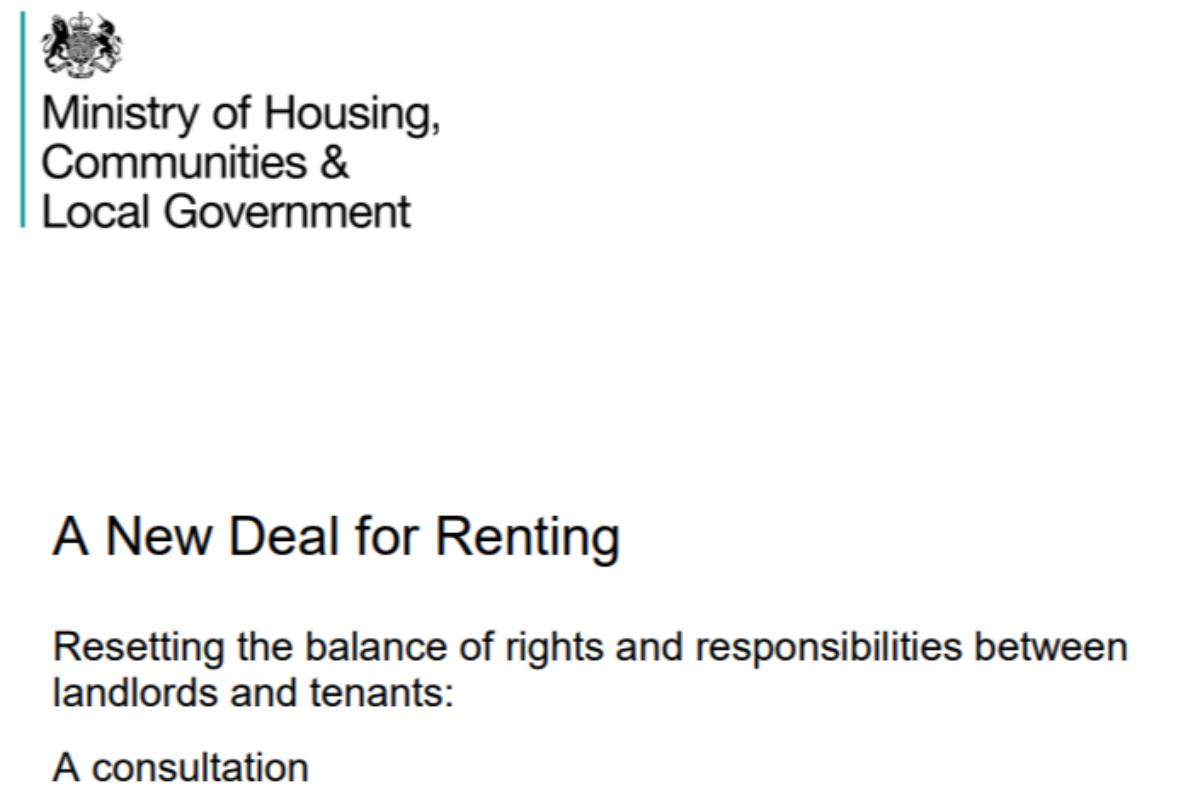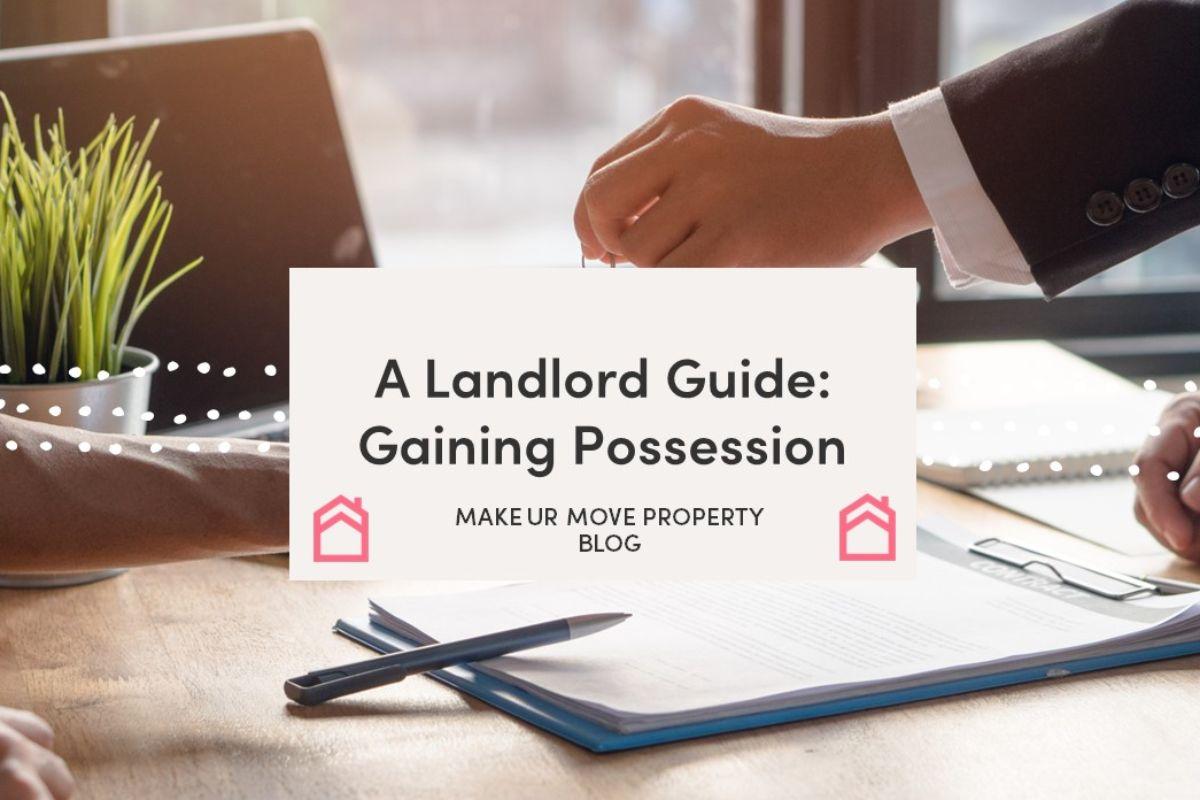
The last 12 months have been challenging for all, including tenants struggling to pay rent and landlords whose incomes have been detrimentally affected.
Legislation has regularly been introduced to reflect these challenges. And now further changes to the eviction process during the coronavirus pandemic have been announced by the government.
As we progress through the country’s Covid roadmap, here we explain what these changes are and how they might affect you.
What are the current rules?
At the start of the pandemic, the required notice periods for a Section 8 or Section 21 eviction notice were increased to three months.
From August 29th 2020, this was extended to a minimum of six months to protect tenants whose circumstances had drastically changed, leaving them unable to pay their rent regularly. Shorter notice periods were only available in exceptional cases, such as anti-social behaviour.
This arrangement was put in place until May 31st 2021, a date which is rapidly approaching.
At the same time, bailiffs were banned from enforcing evictions during this period.
What is changing?
From June 1st, two main changes will be introduced: the eviction notice period will gradually reduce and bailiffs can restart enforcing evictions.
The government says these measures will ensure renters continue to be protected with longer notice periods for much of the rest of 2021. They’ll also allow landlords to take action in exceptional circumstances: as 45% of private landlords own just one property, they’re highly vulnerable to rent arrears.
Housing Minister, Rt Hon Christopher Pincher MP said: “From the beginning of the pandemic, we have taken unprecedented action to protect renters and help keep them in their homes.
“As COVID restrictions are eased in line with the roadmap out of lockdown, we will ensure tenants continue to be supported with longer notice periods, while also balancing the need for landlords to access justice.”
Eviction notice periods
From June 1st, the current six-month notice period will be reduced to four months. This is part of a planned phased approach with further changes to be confirmed based on public health advice.
The government has stated it hopes to ‘return to pre-pandemic levels from October 1st’ and says the move will ‘offer tenants continued protection’ as the country moves through the lockdown roadmap.
Landlords will also still be able to take advantage of shorter notice periods for the most serious Section 8 eviction cases:
anti-social behaviour - between 24 hours to four weeks’ notice depending on the grounds for possession
four months or more accumulated rent arrears – two to four weeks’ notice
false/fraudulent statement – two to four weeks’ notice
breach of immigration rules – two weeks’ notice
death of a tenant – two months’ notice
In addition, notice periods for cases involving less than four months’ unpaid rent will reduce again from August 1st to two months.
Bailiff-enforced evictions
Introduced as an emergency measure during the pressures of lockdown, the current ban on bailiff-enforced evictions ends on May 31st.
From June 1st, bailiffs will be able to start working again, although they won’t be permitted to carry out an eviction if anyone in the property has Covid symptoms or is self-isolating.
As 14 days’ notice is required before an eviction can take place, none are expected to occur until mid-June except in the most serious of cases.
And there will of course be a backlog to deal with, so landlords are advised to be patient. Government statistics show that in 2020, only 363 landlord claims led to enforcement by a bailiff.
This compares to average figures of 20,000-40,000 properties per year across the private and social sectors over the last 20 years.
Courts will continue to prioritise the most serious of cases, for example those involving anti-social behaviour and fraud, so those evictions triggered by a Section 21 notice are likely to take significantly longer than usual.
Are there more changes in the pipeline?
The expected Renters’ Reform Bill wasn’t mentioned in the Queen’s Speech of May 11th. But the government did announce that a white paper will be published in the autumn.
This will cover issues such as the abolition of Section 21 evictions, a lifetime tenancy deposit scheme and accommodation standards.
Keep up to date with the latest legislation on the MakeUrMove blog







